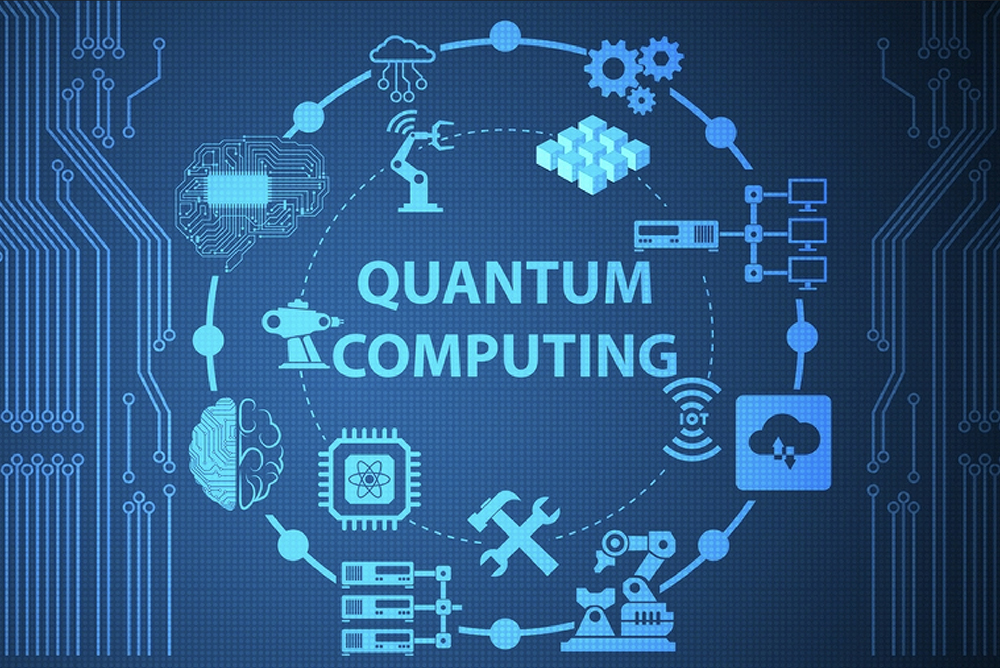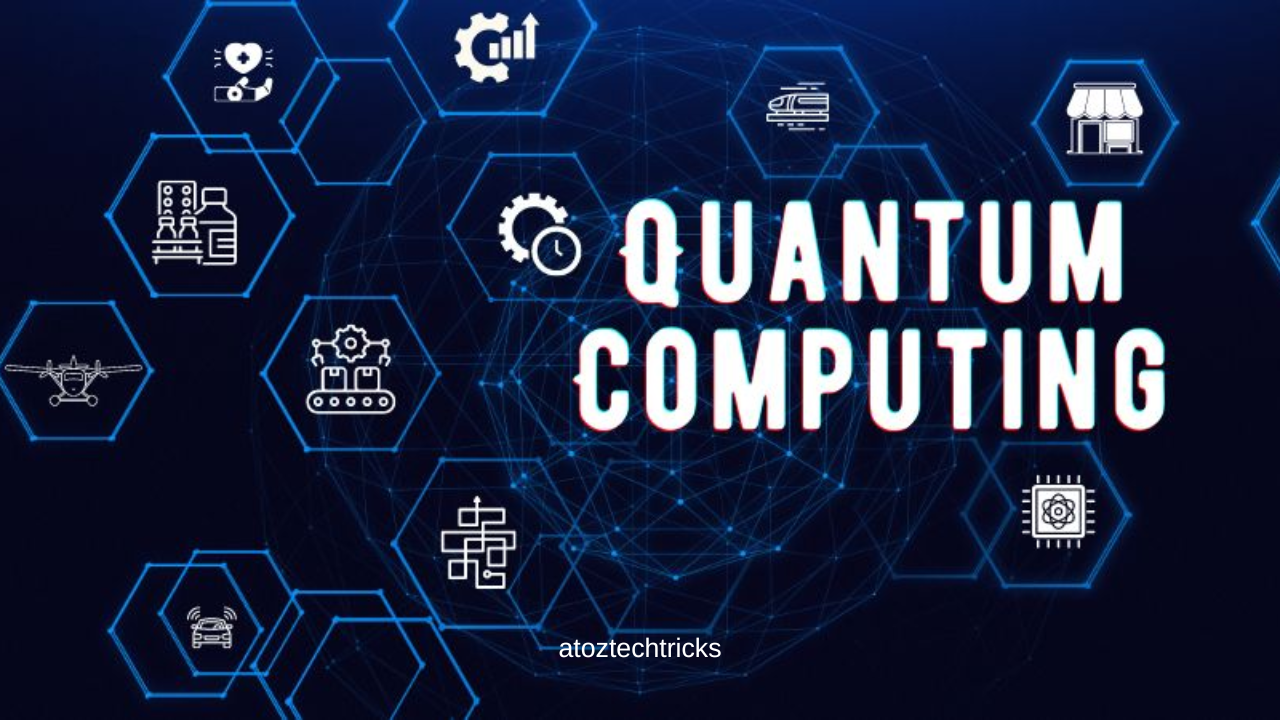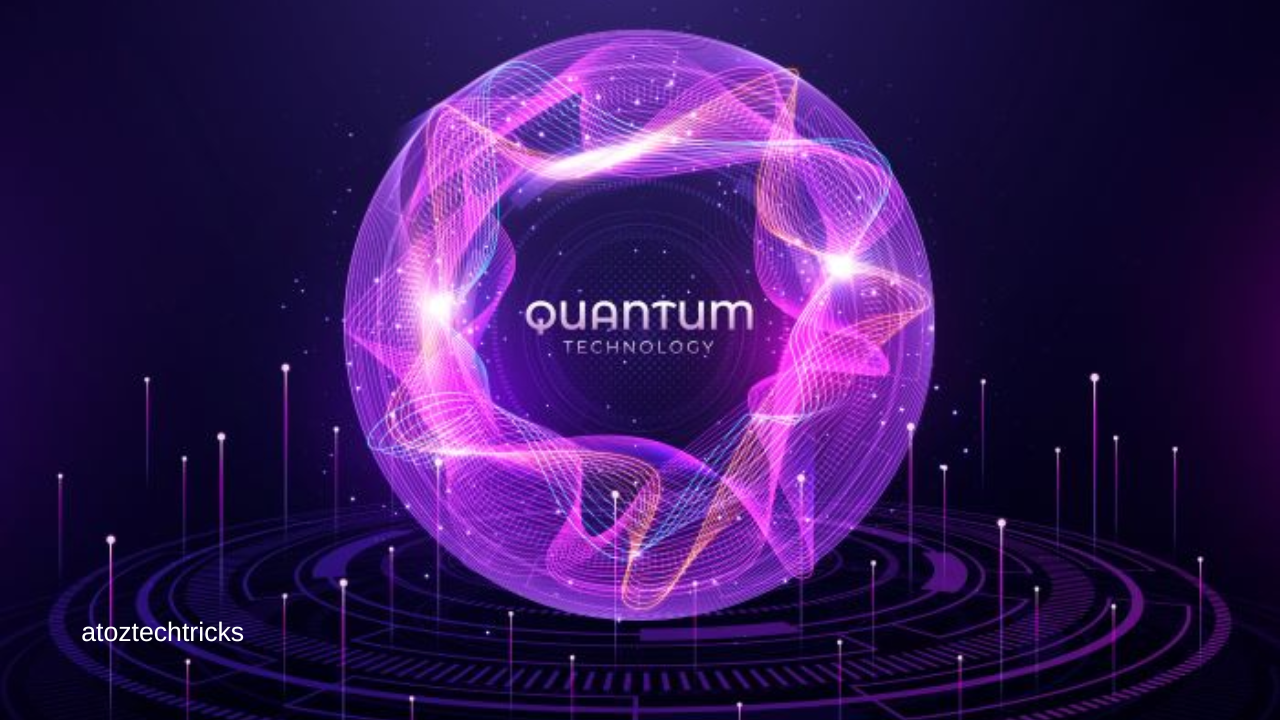Understanding Quantum Computing: A Comprehensive Guide
Quantum computing represents a monumental shift in the landscape of technology and computation. It promises to revolutionize fields from cryptography to drug discovery, offering solutions to problems that are currently beyond the reach of classical computers. In this comprehensive guide, we’ll explore the fundamental principles of quantum computing, its potential applications, and the challenges that lie ahead.
1. Introduction to Quantum Computing
Quantum computing is an advanced area of computation that leverages the principles of quantum mechanics to process information in fundamentally different ways compared to classical computing. At its core, quantum computing relies on the phenomena of superposition and entanglement, which allow quantum computers to perform complex calculations at unprecedented speeds.
Key Concepts:
- Quantum Bits (Qubits): Unlike classical bits, which can be either 0 or 1, qubits can exist in multiple states simultaneously. This ability to be in a superposition of states enables quantum computers to perform many calculations at once.
- Superposition: This principle allows qubits to be in a combination of both 0 and 1 states at the same time, providing a significant increase in computational power.
- Entanglement: A quantum phenomenon where qubits become interconnected such that the state of one qubit can depend on the state of another, regardless of the distance between them. Entanglement is crucial for quantum algorithms and quantum communication.
Capabilities and Potential Applications of Quantum Computing
2. The Fundamentals of Quantum Mechanics
To understand quantum computing, it’s essential to grasp some basic concepts of quantum mechanics:
- Wave-Particle Duality: Quantum objects exhibit both wave-like and particle-like properties. For instance, electrons can exhibit interference patterns, a property associated with waves, yet they can also be counted as discrete particles.
- Heisenberg Uncertainty Principle: This principle states that certain pairs of physical properties, like position and momentum, cannot be simultaneously measured with arbitrary precision. This intrinsic uncertainty is a fundamental aspect of quantum systems.
- Quantum Superposition: This allows particles to be in multiple states at once, which is the basis for a qubit’s ability to represent multiple values simultaneously.
- Quantum Entanglement: When particles become entangled, the state of one particle is directly related to the state of another, even if they are separated by vast distances.
3. How Quantum Computers Work
Quantum computers utilize qubits to perform computations. These qubits are manipulated using quantum gates, which are analogous to classical logic gates but operate based on quantum mechanics. The basic operations of a quantum computer involve:
- Quantum Gates: These gates perform operations on qubits, such as flipping their state or entangling them with other qubits. Examples include the Hadamard gate, which creates superpositions, and the CNOT gate, which performs entanglement.
- Quantum Circuits: Quantum algorithms are implemented as quantum circuits, which consist of a sequence of quantum gates applied to qubits. These circuits are designed to exploit quantum superposition and entanglement to solve problems more efficiently than classical algorithms.
- Measurement: Once a quantum computation is completed, the qubits are measured to obtain classical results. Due to the probabilistic nature of quantum mechanics, measurement outcomes can vary, and algorithms are often designed to maximize the probability of obtaining the desired result.

4. Quantum Algorithms
Several quantum algorithms have demonstrated the potential of quantum computing to outperform classical methods:
- Shor’s Algorithm: Developed by Peter Shor, this algorithm efficiently factors large integers, which is a task that classical computers struggle with. This has significant implications for cryptography, particularly in breaking widely used encryption schemes like RSA.
- Grover’s Algorithm: Created by Lov Grover, this algorithm provides a quadratic speedup for unstructured search problems. While classical search algorithms have linear time complexity, Grover’s algorithm reduces this to the square root of the number of possible solutions.
- Quantum Fourier Transform: A key component in Shor’s algorithm, the Quantum Fourier Transform efficiently performs Fourier analysis, which is vital for solving various mathematical problems.
Impact of Quantum Computing on Cybersecurity: A Comprehensive Analysis
5. Applications of Quantum Computing
Quantum computing holds promise for a wide range of applications across different fields:
- Cryptography: Quantum computers could potentially break current cryptographic protocols by solving problems that are infeasible for classical computers. This has led to the development of quantum-resistant cryptography to safeguard data.
- Drug Discovery: Quantum computing can model complex molecular structures and interactions more accurately, accelerating the process of drug discovery and development.
- Optimization Problems: Many real-world problems, such as logistics and scheduling, involve finding optimal solutions among a vast number of possibilities. Quantum algorithms can potentially solve these problems more efficiently.
- Materials Science: Quantum computing can simulate the properties of materials at the quantum level, aiding in the design of new materials with desired properties.
6. Challenges and Limitations
Despite its potential, quantum computing faces several challenges:
- Error Rates and Decoherence: Quantum computers are highly sensitive to environmental noise, which can cause errors in computations. Researchers are working on error-correcting codes and more stable qubit technologies to address these issues.
- Scalability: Building large-scale quantum computers with many qubits is challenging due to issues like qubit coherence times and the complexity of maintaining entanglement across many qubits.
- Resource Requirements: Quantum computing requires significant resources, including advanced materials, precision control systems, and cooling systems to maintain the low temperatures needed for qubit operations.
7. The Future of Quantum Computing
The field of quantum computing is rapidly evolving, with ongoing research and development efforts aiming to overcome current limitations and unlock new possibilities. Key areas of focus include:
- Quantum Supremacy: Demonstrating that a quantum computer can perform a computation that is infeasible for classical computers. Google’s 2019 announcement of quantum supremacy marked a significant milestone in this regard.
- Quantum Networking: Developing quantum communication networks that leverage entanglement for secure data transmission. This could lead to the creation of a quantum internet.
- Hybrid Quantum-Classical Systems: Combining quantum computing with classical systems to solve problems that benefit from the strengths of both approaches.
Ethical Issues Surrounding Quantum Computing and Its Potential for Breaking Encryption
Quantum computing represents a groundbreaking advancement in the field of computation, with the potential to revolutionize industries ranging from cryptography to materials science. While significant challenges remain, ongoing research and technological developments continue to push the boundaries of what is possible.
As we advance further into the quantum era, the integration of quantum computing into various applications promises to unlock new opportunities and drive innovation. The journey from theoretical concepts to practical, large-scale quantum computers is a testament to human ingenuity and the pursuit of knowledge. Understanding quantum computing not only enriches our grasp of the future of technology but also prepares us for the transformative changes it will bring.
In summary, quantum computing is a powerful and evolving field that holds the promise of solving some of the most complex problems facing humanity today. Its continued development and eventual widespread adoption could usher in a new era of technological advancement and discovery.






Post Comment